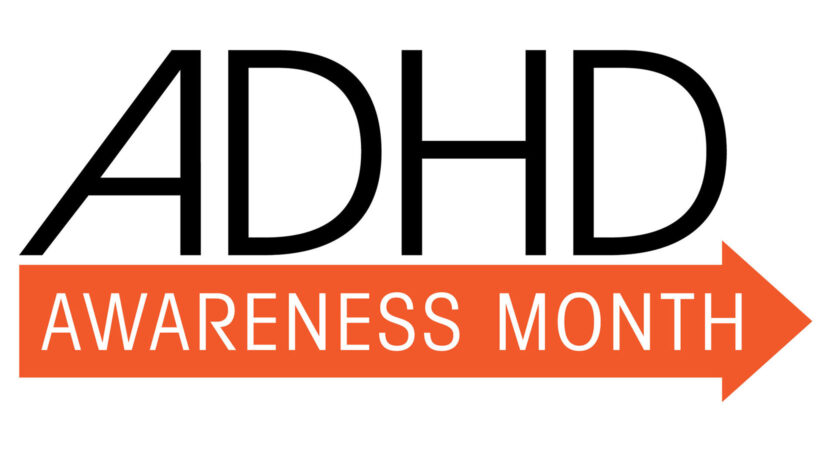
ADHD in the Workplace
Did you know that in addition to Learning Disabilities Awareness Month, October is also ADHD Awareness Month? In this post, we are focusing on adults with ADHD. Attention-deficit/hyperactivity disorder is a neurological condition characterized by inattention, hyperactivity, impulsiveness or a combination of those symptoms. If left untreated, it can affect adults’ relationships and everyday lives. According to the American Psychiatric Association, ADHD affects about 8.4% of children and 2.5% of adults. Adults with ADHD can particularly struggle in the workplace.
“What many people don’t realize is ADHD also impairs one’s executive functions. Executive functions impact one’s ability to meet deadlines, plan and organize, problem solve, follow instructions, start and complete a task, and manage emotional outbursts (Villines, 2021).” – Centre for ADHD Awareness, Canada
The organization called CHADD (Children and Adults with Attention-Deficit/Hyperactivity Disorder) outlines ten common symptoms or impairments that can affect performance in the workplace and offers some helpful strategies. Here we cover five challenges. To learn more, read the full article on the CHADD website.
- Distractibility. This can be external distractibility (noises and movement in the surrounding environment) and/or internal distractibility (daydreams).
- Use “white noise” earphones, classical music or other sounds to drown out office noises.
- Work in unused space, such as a conference room, where distractions are few.
- Perform one task at a time. Do not start a new task until the current one is done.
- Impulsivity. This can also include temper outbursts in the workplace.
- Work with a coach to role-play appropriate responses to frustrating situations.
- Ask for regular, constructive feedback as a way of becoming more aware of how impulsivity might manifest in you.
- Practice relaxation and meditation techniques.
- Hyperactivity.
- Take intermittent breaks to do photocopying, go to the mailroom, or walk to the water fountain.
- Take notes in meetings to prevent restlessness.
- Bring lunch―instead of going out to buy it―so the lunch hour can be a time for exercise.
- Poor Memory. Failing to remember deadlines and other responsibilities can antagonize coworkers, especially when working on a team.
- Use audio recording devices or take copious notes at meetings.
- Write checklists for complicated tasks.
- Use a bulletin board or computer reminder list for announcements and other memory triggers.
- Boredom-blockouts. Because of their strong need for stimulation, some adults with ADHD become easily bored at work, especially with detailed paperwork and routine tasks.
- Set a timer to stay on task.
- Break up long tasks into shorter ones.
- Take breaks, drink water, get up and walk around.
The ADHD Awareness Month YouTube channel offers a video with some good advice for working with your employer.
To learn more about adult ADHD, check out the resources below.
Resources
- 100 questions & answers about attention-deficit hyperactivity disorder (AD/HD) in women and girls
- ADHD 2.0 : new science and essential strategies for thriving with distraction–from childhood through adulthood
- ADHD in adults : what the science says
- Centre for ADHD Awareness, Canada – Additional Resources
- More attention, less deficit : success strategies for adults
- Taking charge of adult ADHD
- Understanding learning disabilities and strategies for tutors of adult learners : tutor training module
Related Blog Posts
How Perfectionism Affects Learning
Perfectionism can be both a positive and a negative trait. Learn how to find balance.
BC Reads: Adult Literacy Fundamental English
Are you looking for free online reading resources for adults working on their reading skills? You can find great, made-in-BC content in the BC Reads: Adult Literacy Fundamental English series. …
Learning Literacy with Laughter
Tactful use of humour in the classroom can help learners in many ways.
